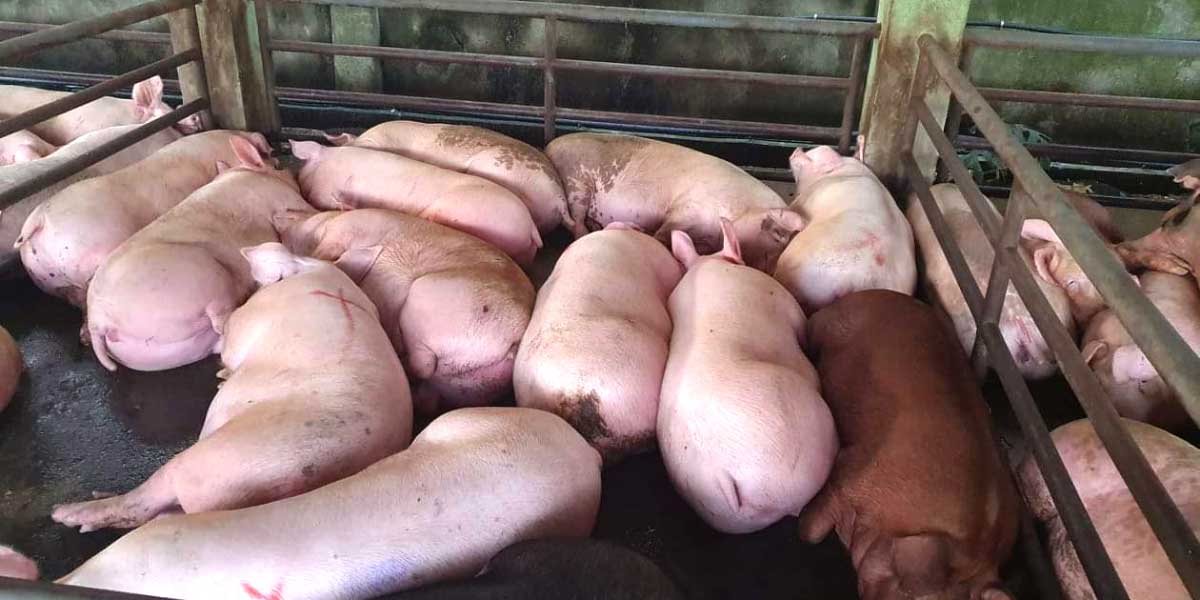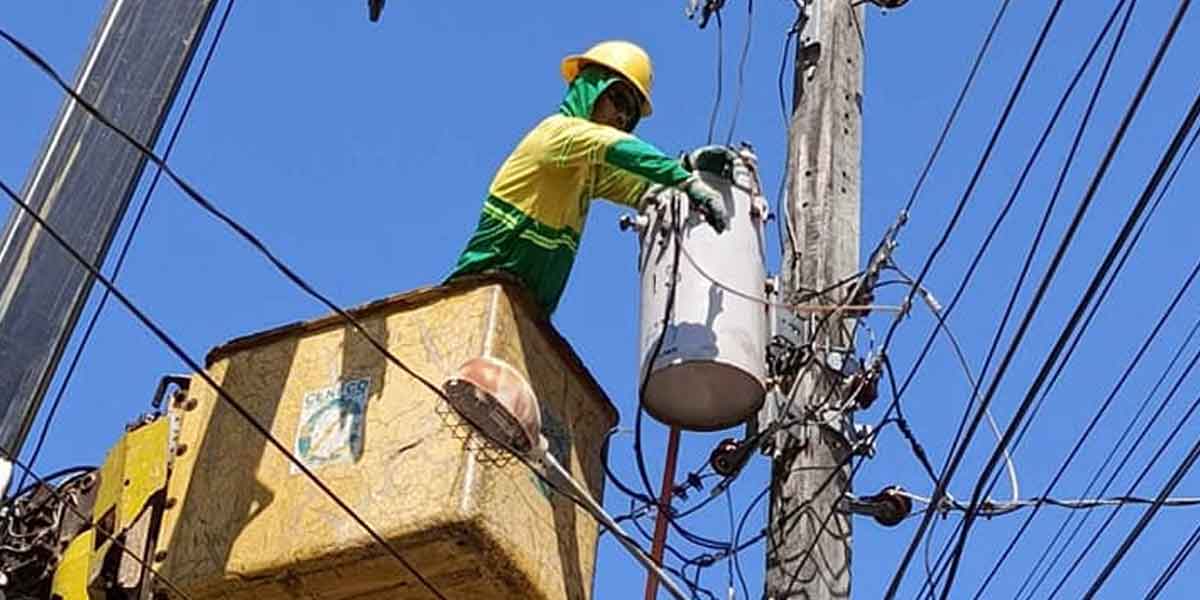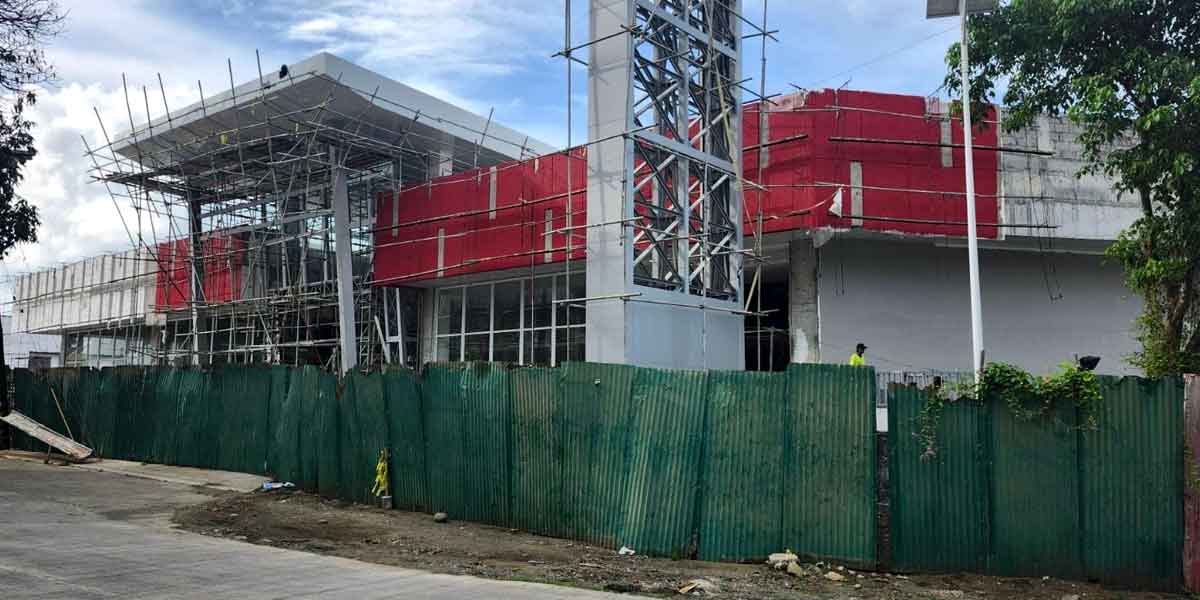The Department of Finance (DOF) of the Philippines is poised to advance approximately USD 1.5 billion in development projects through 2024-2025, in collaboration with the Japan International Cooperation Agency (JICA).
These plans were elaborated upon during a significant meeting on April 18, 2024, in Washington, D.C., where DOF Undersecretary for the International Finance Group, Joven Balbosa, met with JICA’s Director General for Southeast Asia and Pacific, Hayakawa Yuho.
The engagement underscored the robust partnership between the Philippine government and JICA, recognizing Japan as the Philippines’ largest official development assistance (ODA) partner.
Japan’s ODA to the Philippines amounts to USD 12.30 billion, constituting 32.82% of the total ODA the country received as of December 2023.
In the meeting, the DOF and JICA discussed an ambitious pipeline of projects valued at around JPY 227.6 billion (approximately USD 1.5 billion) for the fiscal year April 2024 to March 2025.
Additionally, they projected an annual average pipeline of about JPY 249.2 billion (roughly USD 1.6 billion) for the next five years, spanning from 2023 to 2027.
Key areas of focus for these projects include maritime safety, roads, and flood risk management, with plans to finalize four major loan agreements by the end of this year. In line with the development goals of President Ferdinand Marcos Jr.’s administration, JICA is also looking to expand its contributions to sectors such as agriculture, education, and health.
Moreover, JICA expressed its willingness to increase its policy-based lending, particularly through co-financing the Climate Change Action Program (CCAP) Subprogram 2 alongside the Asian Development Bank (ADB) and the Agence Française de Développement (AFD).
The initiative aims to bolster the Philippines in fulfilling its national climate policies, including its Nationally Determined Contribution (NDC), thereby facilitating the country’s transition towards a climate-resilient and low-carbon economy.
The discussions also touched on optimizing project implementation and management, ensuring open dialogue to address any potential delays and reduce costs for the Philippine government.
Another strategic focus discussed was enhancing private sector financing to support the Philippines’ development targets as it transitions to an upper-middle-income country (UMIC) status. The transition emphasizes a gradual shift from concessional financing, seeking more diversified funding avenues.
These plans illustrate a strong commitment from both the DOF and JICA to not only continue but also deepen and broaden their development cooperation, ensuring significant economic and infrastructural advancements in the Philippines.





















